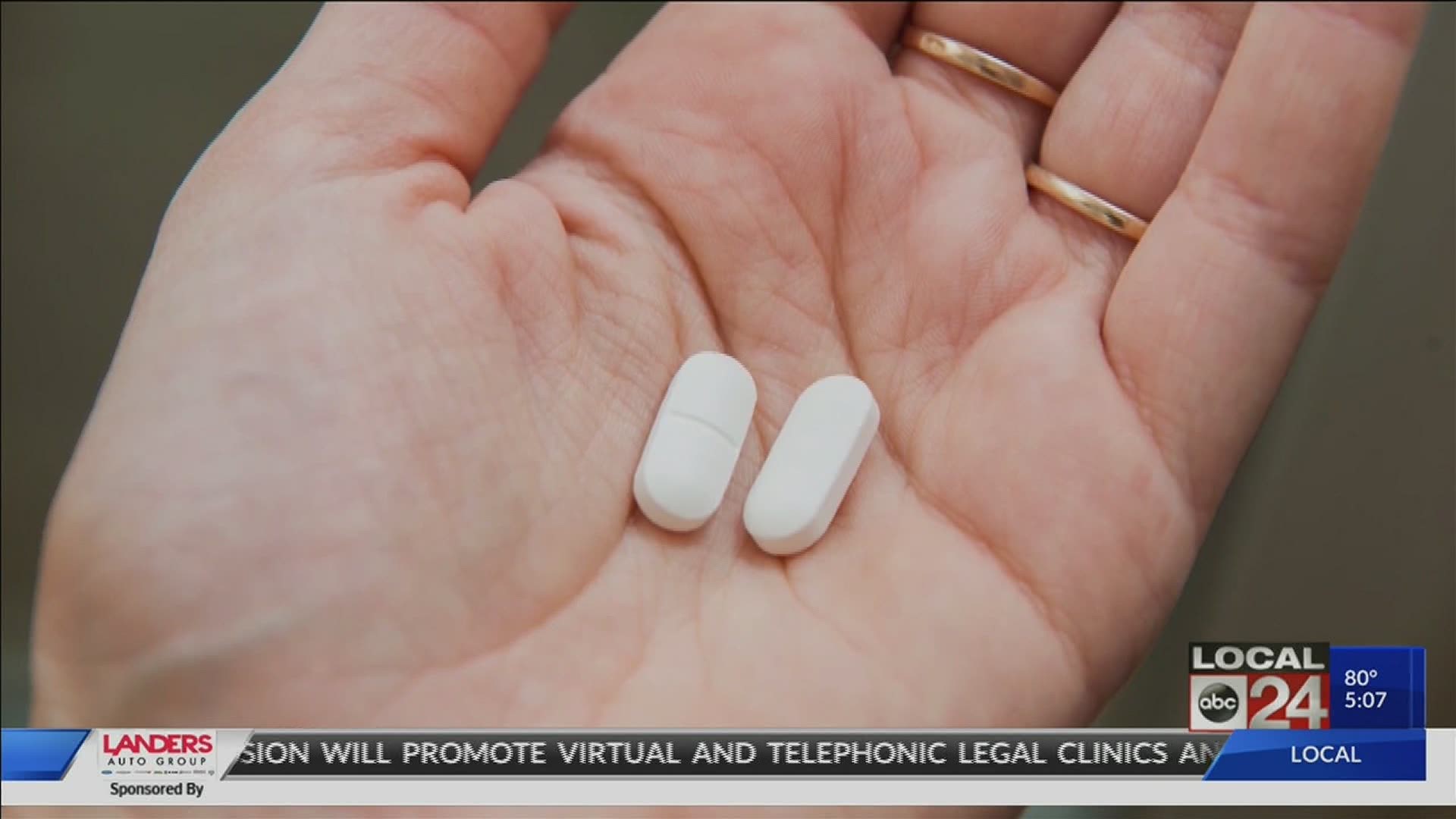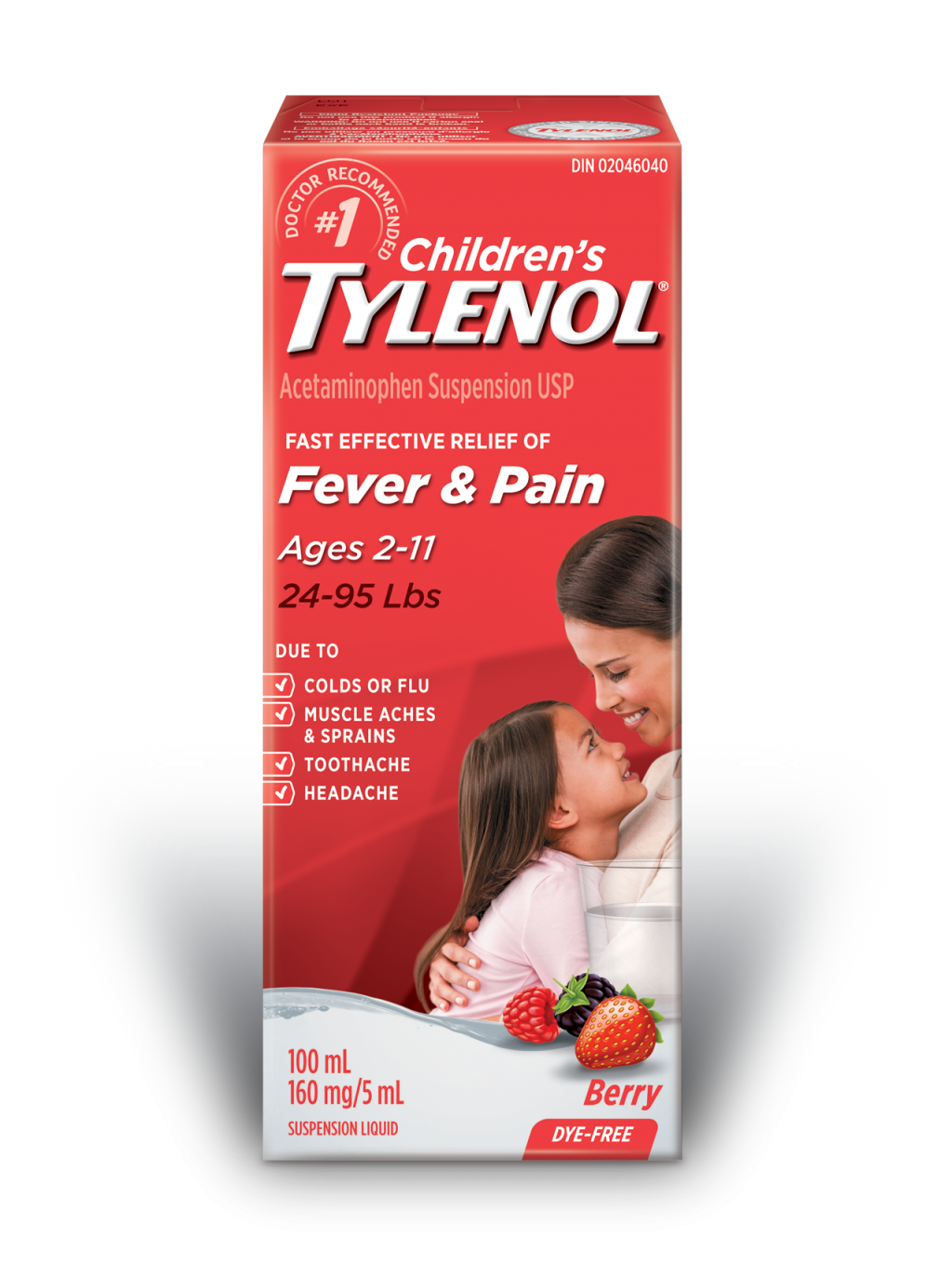

Examples include Alka-Seltzer and Excedrin. It’s important to know that aspirin is also found in some other OTC medications, but it isn’t as well-advertised. Only time and the creation of new platelets can accomplish this. There’s no medication that can reverse the effects of aspirin. This can be helpful in preventing strokes and heart attacks that may be due to blood clots. While aspirin doesn’t prevent you from clotting entirely (you’ll still stop bleeding when you have a cut), it does make the blood less likely to clot. Platelets are responsible for sticking together to form a clot when you have a cut or wound that’s bleeding. However, unlike Tylenol, aspirin also has some antiplatelet (blood-clotting) properties.Īspirin blocks the formation of a compound called thromboxane A2 in platelets in the blood. However, there are many medications available in today’s market with a similar story that are safe when used as directed.īoth Tylenol and aspirin are OTC pain relievers. It may seem unusual that doctors don’t know exactly how Tylenol works. This includes receptors like serotonin and endocannabinoid. While this is the most prevailing theory about how Tylenol works, researchers are also studying how it may potentially affect other aspects of the central nervous system. This makes acetaminophen different from nonsteroidal anti-inflammatory drugs (NSAIDs) like ibuprofen that also relieve inflammation in the tissues. It doesn’t block prostaglandins in most of the body’s other tissues. Specifically, acetaminophen may stop prostaglandin creation in the nervous system. Among other tasks, prostaglandins transmit messages that signal pain and lead to fever. These enzymes work to create chemical messengers called prostaglandins. One of the most widespread is that it acts to block certain kinds of cyclooxygenase enzymes. Prepared by the Pharmaceutical Society of Singapore ( )Īpple Store to access more health and wellness advice at your fingertips.Although acetaminophen has been around for over 100 years, scientists still aren’t 100 percent certain how it works. Do not use Ibuprofen tablets for more than 10 days without medical supervision. NSAIDs other than aspirin can also raise your risk of heart attack or stroke, even.
Tylenol and ibuprofen side effects skin#
rashes, itchiness, difficulty in breathing or eye swelling) or serious Ibuprofen side effects due to this medication such as swelling of ankles or feet, yellowing of skin or whites of the eyes or unexplained bruising or bleeding. In some people, NSAIDs can cause stomach pain, nausea, bleeding, ulcers, gas, bloating, diarrhea, or constipation. Inform your doctor and/or pharmacist immediately if you experience any allergic symptoms (e.g.


200mg (one tablet) to 400mg (two tablets) may be taken every 4 hours when required. The recommended Ibuprofen dose is 400mg (two tablets) to be taken initially.
Tylenol and ibuprofen side effects how to#
Ibuprofen Dosage and How to Use Adults and adolescents 12 years old and above Ibuprofen works by changing the body's response to high temperature, reducing pain and swelling. Ibuprofen, which is a non-steroidal anti-inflammatory drug (NSAID), is used for the relief of headache, menstrual pain, backache, muscular and arthritic pain, toothache and the aches of cold and flu and reduction of fever.


 0 kommentar(er)
0 kommentar(er)
